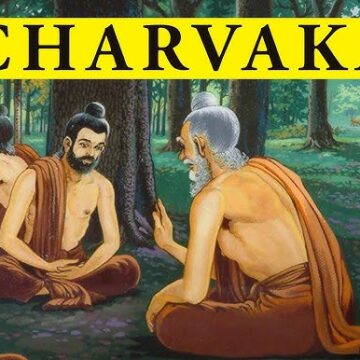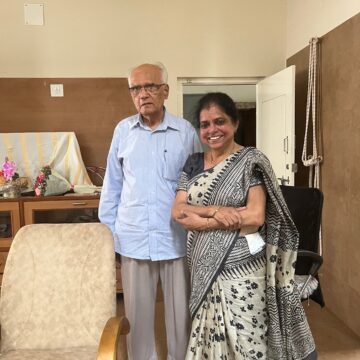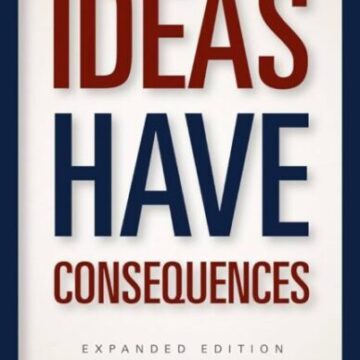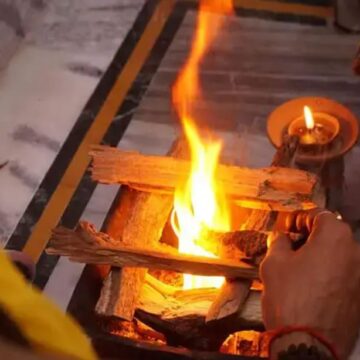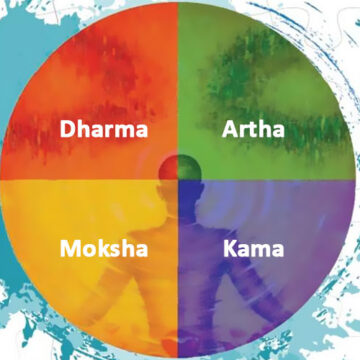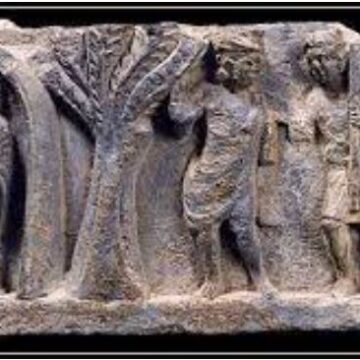In this article, the author Priyavrat Gadhvi argues that what we perceive as solid matter is not fundamental reality, but an effect generated by deeper, unseen quantum fields. At the most basic level, humans, objects, and even space itself are excitations within an all-pervasive field rather than independent substances. This understanding blurs the boundaries between physics, metaphysics, and philosophy, revealing reality as relational and emergent. Gadhvi contends that modern quantum field theory echoes Advaita Vedanta’s insight - that multiplicity is apparent, while the underlying essence of existence is singular and indivisible.
Tag: philosophy
Tyranny of Asceticism: Case of the Charvaka
Charvaka has long been dismissed as a philosophy of excess, yet this caricature stems from an ascetic worldview that treats pleasure as inherently suspect. When perception alone is accepted as truth, morality need not depend on divine command but on an intrinsic human compass. The author contends that the Charvaka tradition reminds us that seeking material pleasure is not a fall from grace, but a legitimate way of living without forfeiting moral sense.
S. L. Bhyrappa: A Tribute to The Man, His Life, and His Stories that Keep Flowing…
S.L. Bhyrappa’s life was a dialogue between art and existence, where suffering became insight and truth found voice through story. From a childhood scarred by loss to a literary career of rare depth, he turned pain into philosophy and realism into revelation. Even in his final words, he taught us that death too can be an act of grace, and meaning, the highest form of art.
The Vicissitudes in Vision: A Commentary on “Ideas Have Consequences”
Sai Alluri reviews the book “Ideas Have Consequences”, a philosophical classic authored by Richard Weaver in which he diagnoses the challenges of modern age. Sai Alluri talks about how the author investigates the etiology of modern man and attempts to alleviate his condition, requiring the reclamation of what constitutes his essence.
The Root of All Ideological Conflicts: Cultural Marxism
Jahnavi Naik explores the penetration of Marxism in society and culture, and delves deep into the phenomenon that is 'Cultural Marxism' - its definition, its reach, its methods; and examples from recent happenings in the country.
Bridging Ancient Philosophies: The River of Consciousness
"Rather than getting entangled in doctrinal differences, it might serve us better to find the confluences, the shared understandings, and the universal truths that have guided humanity for millennia. In that spirit of unity, the river of consciousness presents a philosophical bridge, beckoning us to ponder, reflect, and ultimately understand."
Dharmik View on Human Birth and Grihastha Ashrama
Shashank Poddar throws light on the shastrik view and importance of grihashta ashrama in this beautifully researched piece.
The Significance of the Bhakt and Bhakti in Hinduism
Bhakti, as a profound spiritual path within Hinduism, encompasses the deep love, devotion, and surrender to the divine. While the term "Bhakt" has gained popularity in political contexts, its use as a label for followers of a particular leader is objectionable as it trivializes the spiritual essence of Bhakti.
Kama and the Nature of Sensual Desires
In this article, Rohan Raghav Sharma talks about degeneracy and blind gratification of carnal desires becoming the norm in the West and all modern societies inspired by the West, and suggests that the Hindu framework of the four Purusharthas - Dharma, Artha, Kama, and Moksha; can provide guidance for a balanced view of life.
The Golden Age of Indian Thinkers and The Resounding Impact of the Mimamsa
"The application of logical interpretations of the Mimamsa Rules of Prabhakara could aid in developing reasoning tools to deal with deontic concepts, such as prohibitions and obligations, paving the way for ethical decision-making in artificial intelligence."
The golden age of Indian thinkers was a fertile period of intellectual richness. The preservation and study of this intellectual heritage will help us in gaining better understanding of our shared philosophical history. The intellectual legacy of Mimamsa and other Indian schools of thought is a rich resource for contemporary philosophical and ethical discourse, Ram Sharma writes.


